Unlock Greater Value with Multidisciplinary Expertise
Software Engineering and Best Practices
Best Practices in Software Engineering promote high-quality code, team collaboration, and continuous improvement. Practices like code reviews, version control, automated testing, documentation, and adherence to design patterns reduce technical debt, prevent errors, and enhance productivity. By embedding these standards into the development lifecycle, organizations can deliver robust, secure, and user-friendly software that evolves gracefully with changing requirements.
■ Web Microservices (RESTful API) in Python/Flask
■ Python Package development
■ Testing/TDD: Unit tests, Integration tests
■ Best Practices: Design Patterns, Clean code, Static Code Analysis, Linting, Formatting…
■ Passion for automation, wherever and whenever it adds value
■ FinOps & Cost Optimization
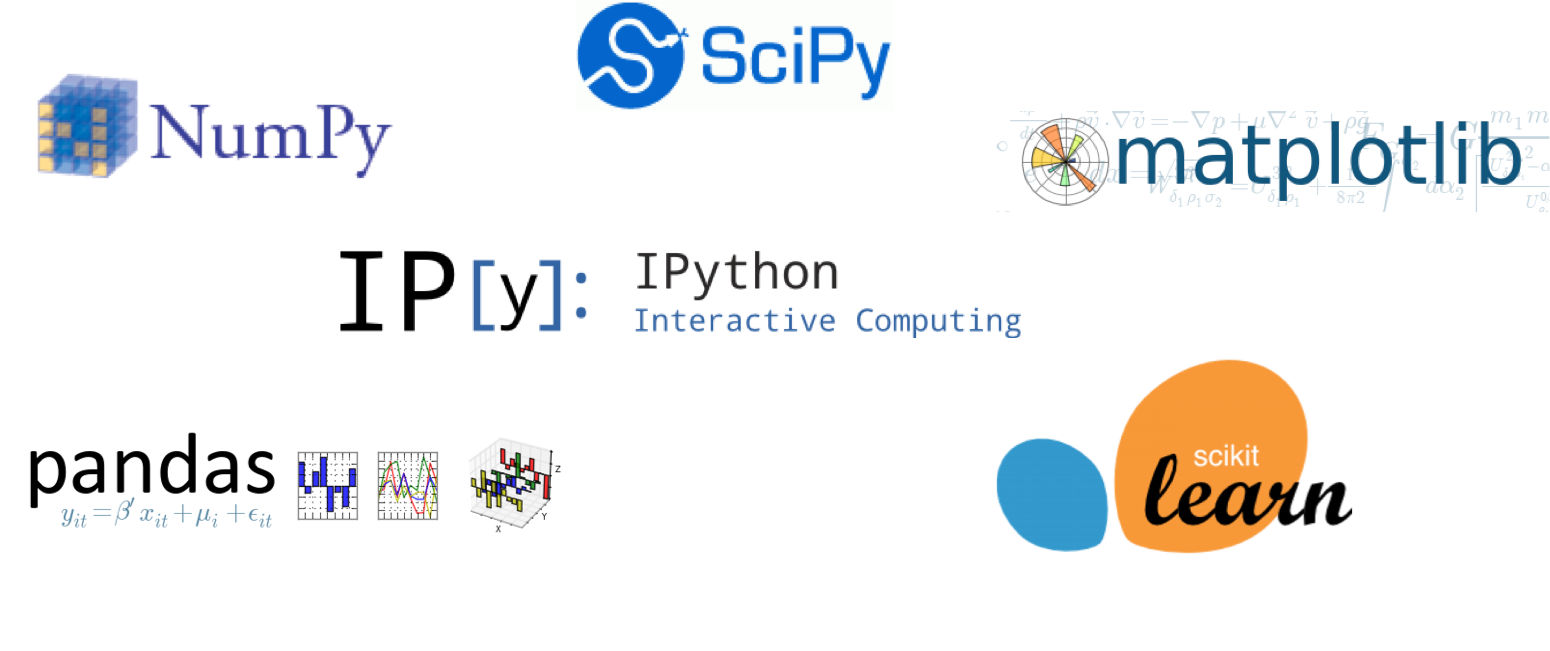
Growing expertise: Blockchain and DeFi
Decentralized Finance (DeFi) creates value by reconstructing traditional financial services,such as lending, borrowing, trading, and investing, on open blockchain networks without relying on centralized institutions. DeFi democratizes access to financial tools, enhances transparency, and enables innovation through composability and permissionless innovation.
■ Solidity smart contracts for web applications and data processing
■ Experience in EVM and DeFi (Uniswap)
■ TypeScript and web3 ether.js framework
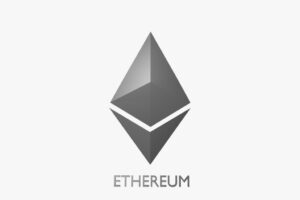
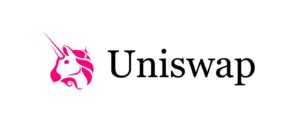
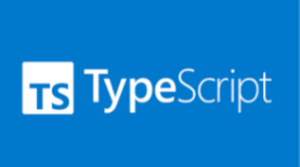
Other areas of expertise
■ Data Visualization & Interactive Dashboards (BI): R, Shiny, JavaScript, VueJS, Shiny Server, ShinyProxy – Communicate results effectively using scatterplots, histograms, boxplots, etc. and relevant metrics (KPIs)
■ Exploratory Data Analysis: Python, Pandas, Jupyter, R, Shiny, Markdown
■ Machine Learning (Clustering, Classification, Regression, Recommendation) and deployment to production: Python, Scikit-Learn, MLflow/, MLOps – Feature engineering and selection, Hyperparameter tuning
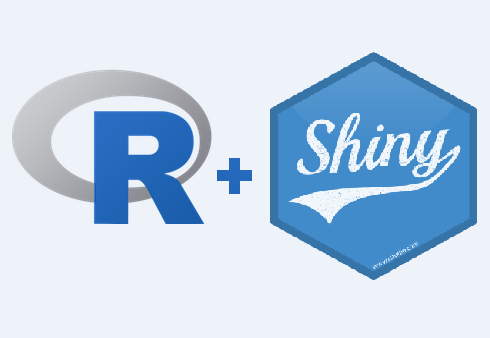
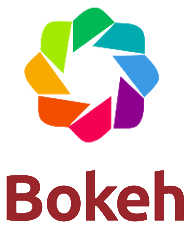


I can help you design and deploy a tailored solution, book an appointment to start.
